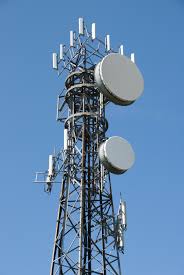 The U.S. Congress has set their sights on stingrays – those devices that stay on top of building and are used to track cell-phone communications, now without even a court approval.
The U.S. Congress has set their sights on stingrays – those devices that stay on top of building and are used to track cell-phone communications, now without even a court approval.
With the latest already passed Rule 41’s assistance these stingray devices may be used to monitor all types of communications without even having to request permission. According to a report from congress, these devices and their usage without permission are in breach of the rights of privacy of citizens. They may also result in privacy-invasive searchers which may also cause different damages to the citizen or to his/her device.
One successful stingray setup, according to PCmag is worth somewhere betweek 40 and 500 thousand dollars and they have proven to be successful in covert operations before. How they work is the phone can automatically intersect it’s active signals with the stingray, resulting in the detection of the location of the device and other information.
At the moment, the situation with those stingrays is that they can be used by whoever is responsible for using them without any additional permissions granted. This lack of control has arisen some concerns in congress and there are those who would want to regulate this aspect, primarily because of the importance of cell phone privacy and communications.
Since most investigations performed by the police and other law enforcement entities are not publicly disclosed, one can not know, neither regulate such equipment. This is what led congress to possibly believe that these devices are privacy invasive.
Not only this, but reports concerning the whole Rule 41’s tools also give way to certain risks. One of those risks is that both sides of the coin may use the tools and technologies, meaning that the malware and stingrays used by governments may be used by other individuals, like cyber-criminals as well.


